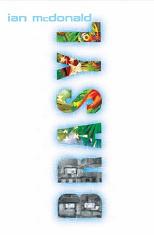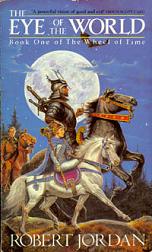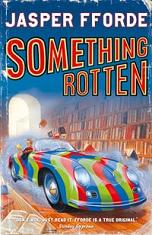William Cobbett – 542 pages – published in 1830

If you’ve read any of China Miéville’s New Crobuzon novels, like Perdido Street Station, you’ve got some idea of what pre Parliament reform England was like in the late eighteenth andearly nineteenth century. It may have had a parliament and some semblance of a constition, but it was far from a democracy and it ruthlessly repressed any political movement that attempted to change things. Despite this repression there was a long and diverse tradition of reform and in the early nineteenth century there were few more impressive figures within the radical reform movement than William Cobbett.
Cobbett started his professional life by taking the stagecoach to London on a whim, spending several months as a clerk before becoming a soldier. In the army he got disgusted with the endemic corruption, brought charges against his officers and had to flee to France just as the revolution there broke out. He then spent time in the United States, until bankruptcy forced him back to England. At this point he was pretty much still a monarchist Tory in his political outlook, but this slowly changed towards Radical, especially after his conviction for treasonous libel after he protested the flogging of local militiamen by Hanovarian mercenaries.
In 1802 Cobbet founded his own newspaper, the Political Register, which ran until his death in 1835. During this entire time it was one of the most well known and consistent Radical publications, with a popularity unmatched by any other. In it, Cobbett agitated for Parliamentary reform and an end to the rotten boroughs and corruption, against the tax eaters, the clergy with their tithes and in favour of the honest working folk of England getting a decent living for their labours.
His politics in short were a mixture of genuine radicalism coupled with a nostalgia for a bygone England, where there were masters and labourers, but both with rights and duties towards one another. His ideal was an England of smallholders, small independent craftsmen and masters, each trading with another directly, without interference by capitalist middlemen. His sympathies lay mostly with rural England, rather than the cities.
Rural Rides is the logical outgrowth of Cobbett’s politics and sentiments, an attempt to discover the real state of the English countryside. Originally published in the Register, it covers a period of four years, from 1822 until 1826. Its strength, the reason why it is still in print is that it is not just a political examination, but a portrait of a countryside now long gone, still partway in its transformation from the medieval to the modern.
Cobett has a real love for this landscape, and a real hatred for the pressures that are transforming it or have transformed it. Furthermore this love is coupled with an admiration for the people who inhabit it. Time after time in his descriptions the condition of the people in a given town or county is as much a reason as its natural beauty for Cobbett to praise it.
You can therefore not read Rural Rides properly if you discount its politics, decouple it from its context. Cobbett was a partisan observer at a time of deep political turmoil, with the forces of capitalism –the owners of great estates, the new factory masters, the free trade ideologues– were mounting their assaults on the ancient priviledges and rights of the English country people, when people like Cobbett were not only defending these ancients rights but were attempting to extend them. There’s a deep anger in Rural Rides, an anger at the changes happening in England, a very personal anger.
His egotism is delightful, because there is no affection in it. He does not talk about himself for lack of something to write about, but because some circumstance that has happened to himself is the best possible illustration of the subject and he himself is not the man to shrink from giving the best possible illustration from a squamish delicacy. He likes both himself and his subject too well“. It is this personal feeling that keeps Rural Rides in print, because his anger, his despair and his joy are still palpatable more then 170 years after first publication
Also published at my booklog.



